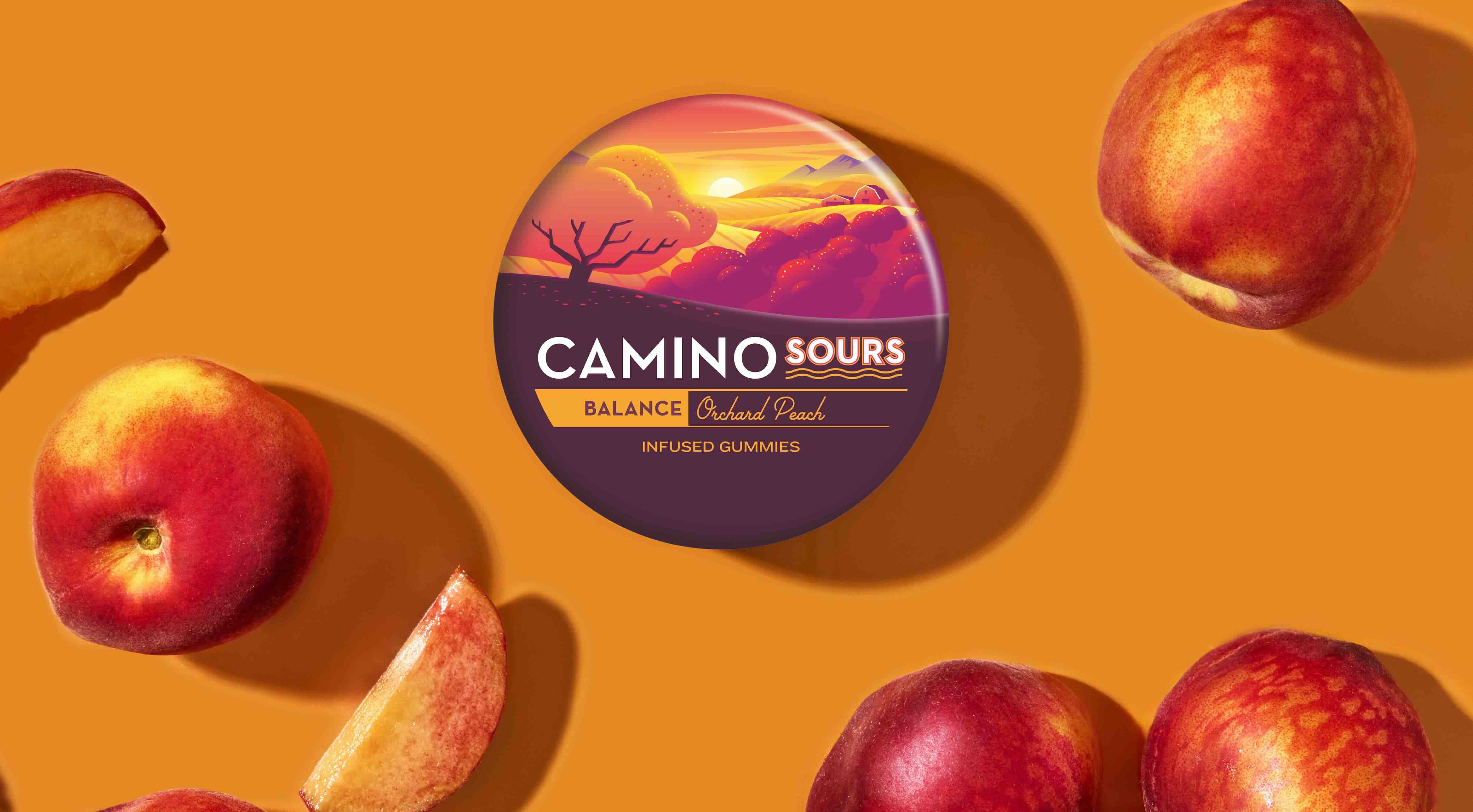Congresswoman Julia Brownley from California and Congresswoman Chellie Pingree of Maine announced they have introduced legislation that would recognize the environmental benefits of composting and would establish composting as a conservation practice for U.S. Department of Agriculture conservation programs.
It is "a true win-win for our communities," Brownley said in a statement.
There is currently no federal policy to support a national composting effort, and Brownley believes that incentives and resources would move a federal program forward. She is concerned about how much the pollution generated from food waste is contributing to the warming of the planet.
Several countries and U.S. states have programs that recognize the benefits of composting. However, the states do not have clear guidelines, so this legislation would be a step toward taking broader action.
Congresswoman Brownley would like to expand access to farmers through incentives to implement more sustainable farming practices and views composting as an important part of that. By diverting food and other organic waste from landfills to composting sites, farmers would benefit from access to nutrient-rich soil that composting provides.
The practice would also help reduce planet-warming gases, giving farmers an environment more conducive to healthy food production.
Perk up the winter blues with natural, hemp-derived gummies Camino's hemp-derived gummies naturally support balance and recovery without disrupting your routine, so you can enjoy reliable, consistent dosing without guesswork or habit-forming ingredients. Flavors like sparkling pear for social events and tropical-burst for recovery deliver a sophisticated, elevated taste experience — and orchard peach for balance offers everyday support for managing stress while staying clear-headed and elevated.
Learn more → |
Composting is one of the most environmentally friendly ways to dispose of food waste so that it does not end up in landfills, where it contributes to heat-trapping gas pollution without any material benefit in exchange. As long as the substances composted are not toxic, composting them can instead produce a nutrient-rich substance that can be added to soil to make it healthier for growing.
The U.S. is not currently meeting the demand of individuals and businesses in terms of composting infrastructure. The practice is not currently eligible for federal funding, and this legislation is trying to change that. The bill would qualify composting — both the act of producing compost and the act of using it — as a conservation practice that could receive federal funding.
"This is a commonsense step toward a more sustainable food system," Pingree said in a statement.
|
If you compost your food scraps, what's your primary motivation? Click your choice to see results and speak your mind. |
Join our free newsletter for good news and useful tips, and don't miss this cool list of easy ways to help yourself while helping the planet.















